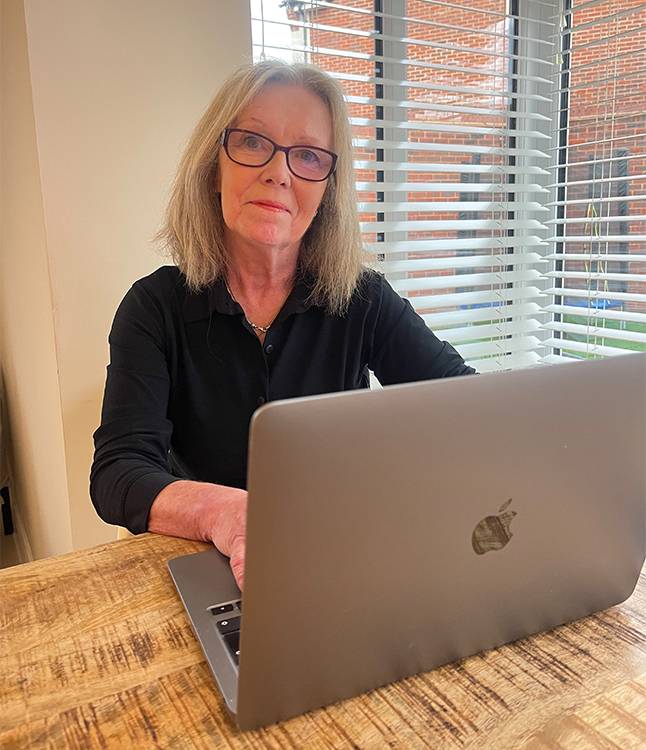Another September beckons and we hope our education special will help you, whether you’re a parent to a SEN child, would like advice about bursaries, want to make maths fun or continue learning whatever your age
Click to view the interactive schools map
Check out more education related articles
SEN support for parents
Worried about a child’s progress in school? Learning differences consultant, former head teacher & SEN editor Mary Mountstephen offers parents some tips on being proactive
There’s always that moment when, as a parent, those doubts in the back of your mind start to assert themselves more loudly. Or perhaps a well-meaning family member or friend might make comments that add to your anxiety levels.
These might include: “Why isn’t he doing as well as his brother?”, “She should have started talking by now, surely?”, “That’s just not right, he needs to stop having tantrums”. Sound familiar?
Each child is unique. They often develop faster in some areas than in others and comparison with their brothers, sisters, cousins or classmates can be unhelpful and unwelcome. Depending on the type of concern and the child’s age, there are organisations and professionals to support you, such as your GP, your child’s setting (early years/ primary etc). The following information is intended to provide you with some basic tips, plus information about other sources of support and advice which are cost-effective or free.


Types of SEN
There are four types of SEN: communication and interaction needs, cognition and learning difficulties, social, emotional and mental health difficulties and sensory and physical needs. Some children and young people may have SEN in more than one of these areas, but for most children with SEN, they will attend their local, mainstream school.
Don’t delay if you have concerns
There is a significant body of research that confirms the importance of early intervention when a child’s progress is causing concern. Looking back some years, school often operated a ‘wait and see’ protocol when being asked about delays in progress. Children with a dyslexic profile, for example, would possibly only be monitored until the age of seven, as it was a prevailing belief that they could not be identified before then, whereas current research indicates that this is possible from a much earlier age.
Be persistent but polite when communicating with the setting/ school
Parents and carers are not always confident in advocating for their child and in being able to communicate their concerns articulately. They may have had difficulties themselves at school, and this can translate into feeling nervous or hesitant in expressing their ‘gut feelings’, have known parents, on occasion, to become quite emotional or even aggressive if they feel they are not being listened to. So it’s a good idea to be prepared in advance.
Gather evidence using checklists
There are many checklists of child development, depending on where the concern(s) lie. If your child is in a school or early years setting, advice about this may be available. If not, carry on reading!
Check out national charities & organisations
A quick internet search will produce a long list of organisations and many of these can offer free support and resources. The difficulty here, as with self-diagnosis of symptoms, that you may become convinced your child has more complex needs than they might have. For that reason, it’s a good idea to communicate your concerns with the school at an early stage and be-guided by them.
Contact trusted sources
Finding trustworthy online support can be confusing for parents; the sheer volume of advice can be overwhelming and knowing who to trust can be daunting. For the last two years I’ve been working with SENDStation. I provide training about dyslexia and auditory processing difficulties. The company’s mission has always been to provide great quality learning that’s affordable and accessible. Their online courses are live and cost less than £15, including hand-out and certificate. The team cover 40 different sessions from dyslexia to toilet training. Visit SEND-Station. I’d also like to recommend a free newsletter from SEN magazine. You could also point both of these resources in the direction of the school! Please visit Mailing List Subscription – SEN Magazine to sign up.

Mary Mountstephen is a learning differences specialist with a background of working in a range of school settings, including roles as headteacher of two primary schools, and as an SEND specialist in the independent sector. She provides school training, individual assessments and online training. Find out more at Learning Differences| Mary Mountstephen and follow @M_Mountstephen on Twitter.
View the interactive schools map
More education related articles
• Continue learning as an adult












Comments